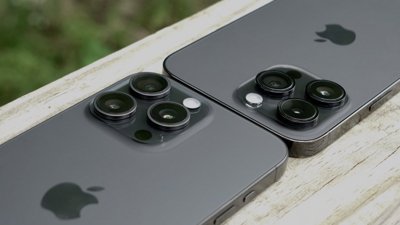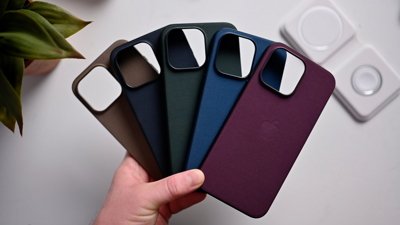Study delves into impact of emoji diversity and inclusion
Adobe has published a new Emoji Diversity and Inclusion Report tracking how consumers feel about the representation of emoji characters.
According to the report, 83% of respondents that Adobe surveyed said that emoji characters should continue to strive for more inclusive representation. Just about half said they felt their identity was adequately reflected in current emoji characters. Only 37% of users with a disability or impairment said they felt represented.
The survey also found that the majority of emoji users believe that the characters are an important communication tool for "creating unity, respect and understanding of one another."
As far as solutions, 78% of respondents said they believed more customization options could address gaps in emoji inclusion. Those options could include other hair styles and colors, accessories, body type, and eye color options.
Adobe has also highlighted its partnership with Emojination, a grassroots organization that has submitted proposals for more representative emoji characters, including those for interracial couples, hijab, sari, and more.
"Adobe's support has been critical to Emojination's five-year push for more inclusive and representative emoji, as it allows us to provide support to the passionate individuals who are pushing to see themselves and their cultures represented," said Emojination co-founder Jennifer Lee.
As part of their partnership, Adobe and Emojination will "continue to support the development of new emoji proposals that further global and diverse representation through virtual documentary screenings of The Emoji Story, community events, workshops and more."
Adobe's methodology for the report included surveying 7,000 emoji users across the U.S., U.K., Germany, France, Japan, Australia, and South Korea.
Apple, for its part, has been steadily increasing the diversity of its own emoji character offerings since 2015. In addition to emoji characters representing a broader range of ethnicities, Apple has also included updates introducing options to represent different relationships and gender identities.
 Mike Peterson
Mike Peterson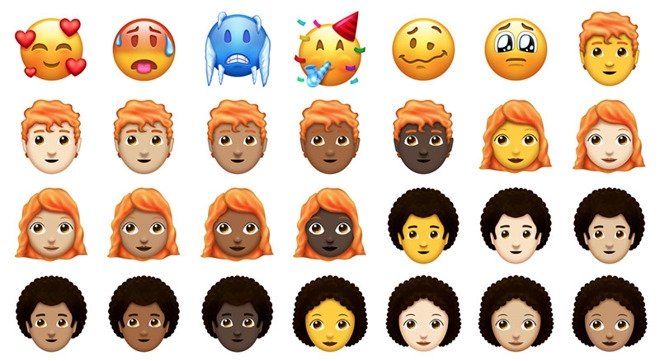

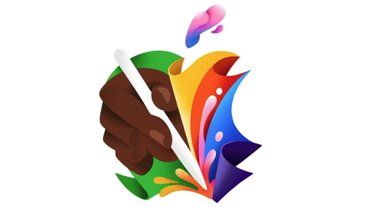








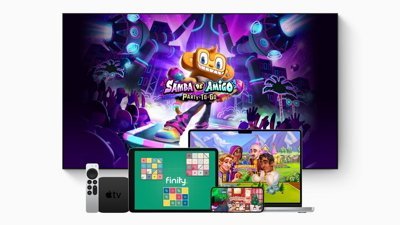
 William Gallagher
William Gallagher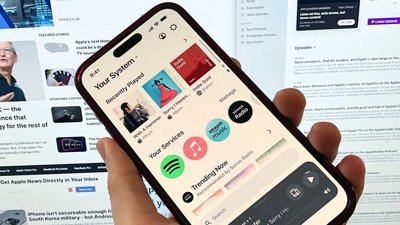
 Malcolm Owen
Malcolm Owen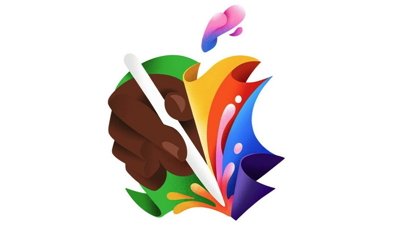
 Mike Wuerthele
Mike Wuerthele

